The Dominant Geologic Process In Our Solar System Is
The dominant geologic process in our solar system is. The surface of this planet is obscured by an atmosphere of thick clouds and toxic gases. The cloud contracted under its own gravity and our proto-Sun formed in the center surrounded by the swirling disk of the solar nebula. Geologic Activity is described as the crustal movement on a planet due to tectonic forces beneath the surface such.
It is therefore remarkable that it shows substantial isotopic diversity both in mass-dependent fractionation because it is a light element and in mass-independent fractionation primarily associated with variation in abundance of 16O. SwRI Researchers discover new process that explains massive differences between Earth. Earth Solar System Exploration Research Virtual Institute Transverse Aeolian Ridges TARs on Mars are mysterious aeolian features which are considered to be unique to Mars.
The geologic time scale GTS is a system of chronological dating that classifies geological strata stratigraphy in timeIt is used by geologists paleontologists and other Earth scientists to describe the timing and relationships of events in geologic history. Internal Energy - is generated within or because of the Earth. In some cases like the Moon and Mercury impact craters are the dominant landform.
Terrestrial Impact Cratering and Its Environmental Effects. Our solar system began forming in a concentration of interstellar dust and hydrogen gas. The dominant geologic process in our solar system is.
Aeolian processes are the dominant geological activity on Mars and decoding surface fea-tures is important for identifying Martian climate histo-ry. It competes with other processes such as plate tectonics volcanism or fluvial glacial and eolian activity in shaping the surfaces of planetary bodies. The dominant geologic process in our solar system as nearly every planet and moon shows evidence from these events that involve asteroids and meteoroids striking the surface Moon the closest large object to Earth in space.
Impact cratering is the dominant geologic process in the solar system. Solar Energy drives the water cycle causing evaporation of the oceans and circulation of the atmosphere which allows rain to fall on the land and run downhill. Evolution of the atmosphere.
Because of the correlation between some extinctions and large impacts we are also beginning to suspect that impacts may have affected the biologic as well as geologic evolution of the Earth. 61 History of impact crater studies craters were discovered in 1610 when Galileo pointed his irst crude telescope at the Moon.
The time scale was developed through the study and observation of layers of rock and relationships as well as the times when.
Because of the correlation between some extinctions and large impacts we are also beginning to suspect that impacts may have affected the biologic as well as geologic evolution of the Earth. These studies in addition to our spacecraft missions to other planetary bodies indicate that impacts are the dominant geologic process in the solar system. Our solar system began forming in a concentration of interstellar dust and hydrogen gas. At convergent plate boundaries between continental and oceanic lithosphere the dense oceanic lithosphere including the crust always subducts beneath the continental. On other planetary bodies impact. SwRI Researchers discover new process that explains massive differences between Earth. Aeolian processes are the dominant geological activity on Mars under current environmental conditions and decoding the surface features on Mars is important for determining its history. Internal Energy - is generated within or because of the Earth. Impact cratering is a fundamental geologic process of our solar system.
These studies in addition to our spacecraft missions to other planetary bodies indicate that impacts are the dominant geologic process in the solar system. Geologic Activity is described as the crustal movement on a planet due to tectonic forces beneath the surface such. The dominant geologic process in our solar system is impact cratering. In some cases like the Moon and Mercury impact craters are the dominant landform. At convergent plate boundaries between continental and oceanic lithosphere the dense oceanic lithosphere including the crust always subducts beneath the continental. The dominant geologic process in our solar system as nearly every planet shows evidence from these events that involve asteroids and meteoroids striking the surface saturn - a gas giant. On other planetary bodies impact.



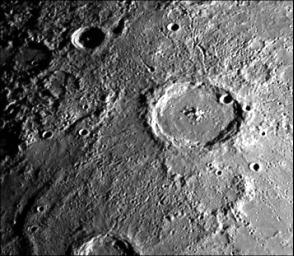







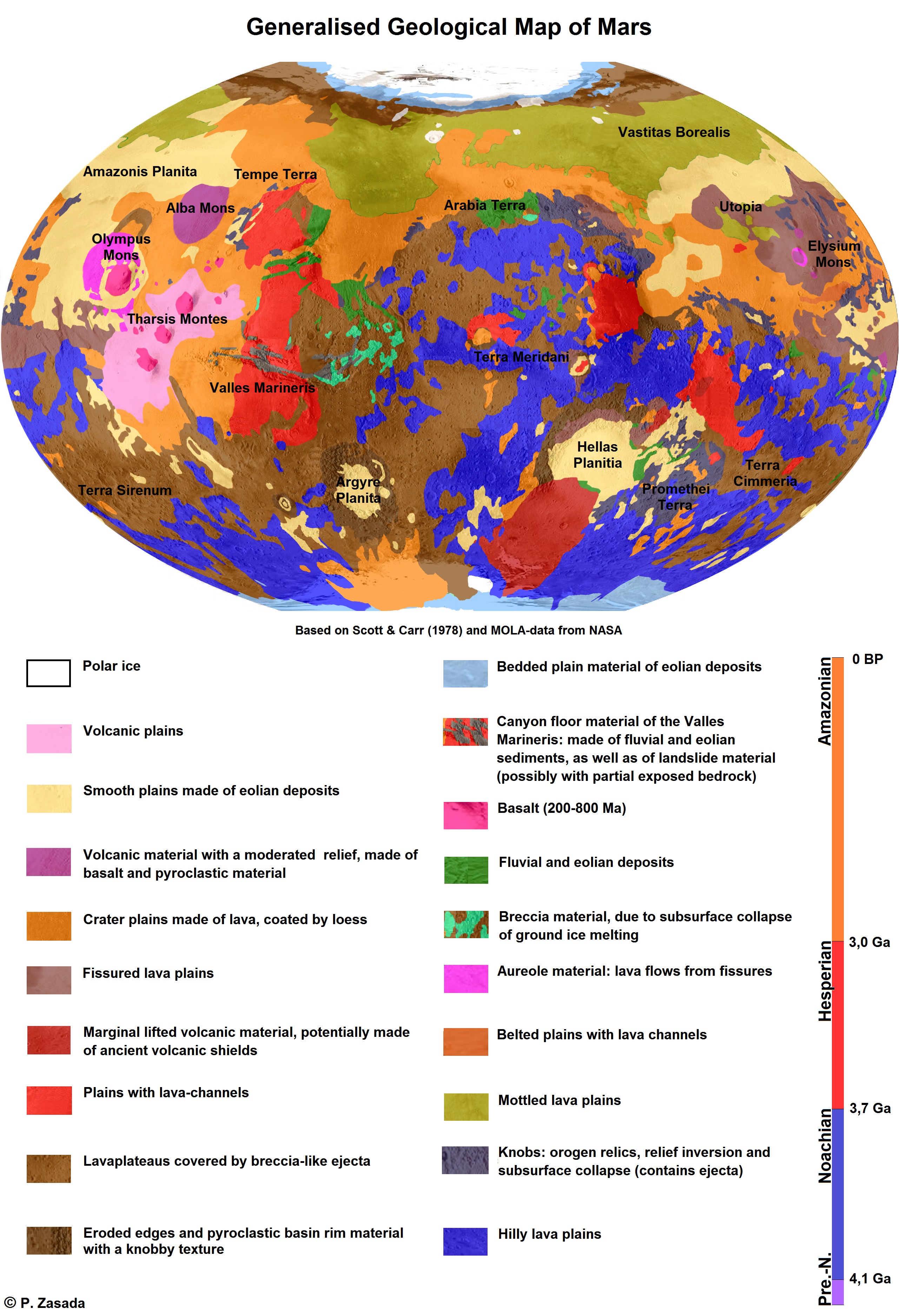
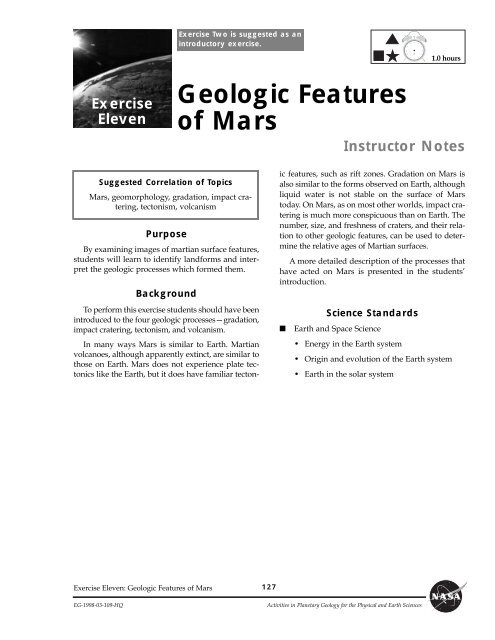
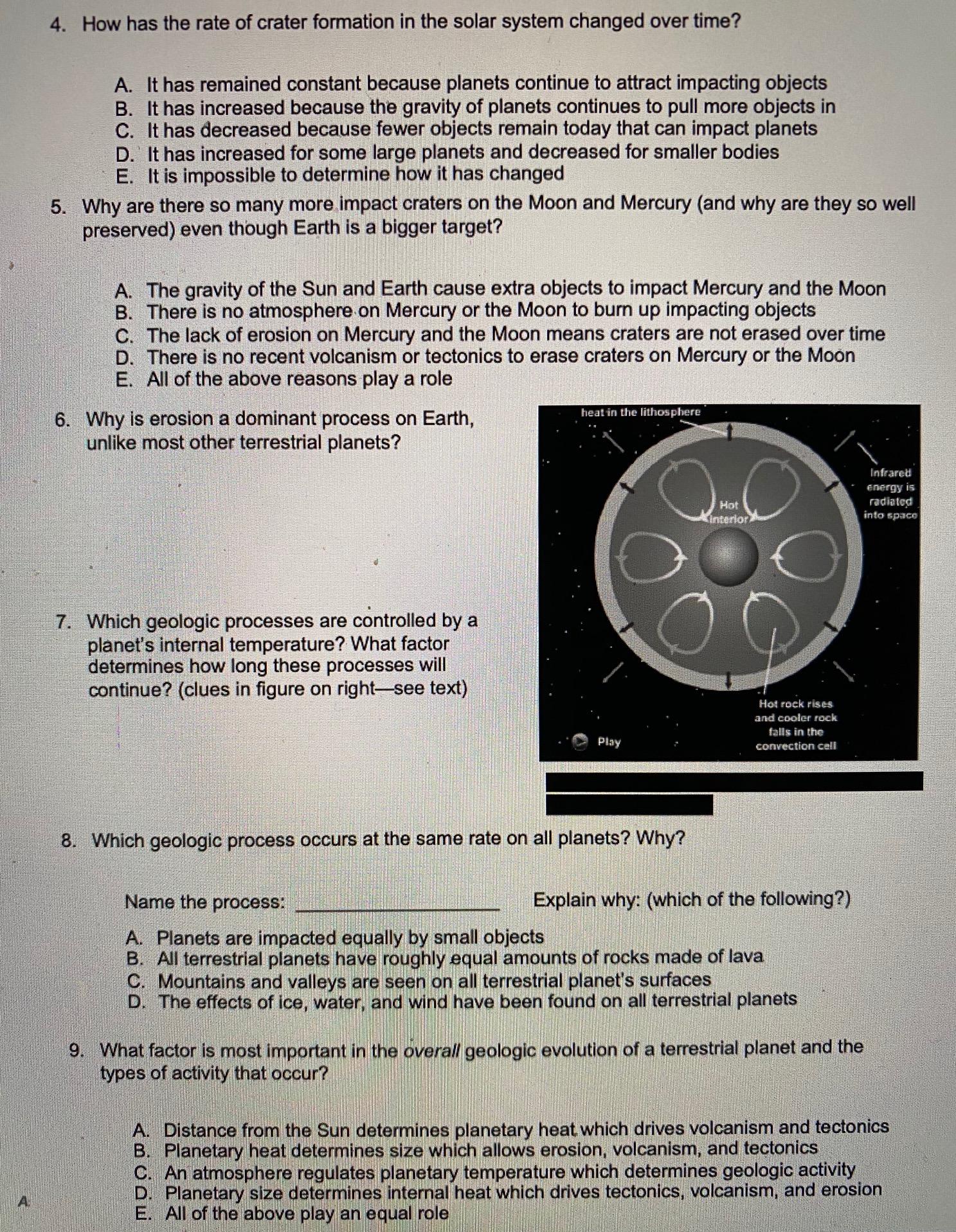

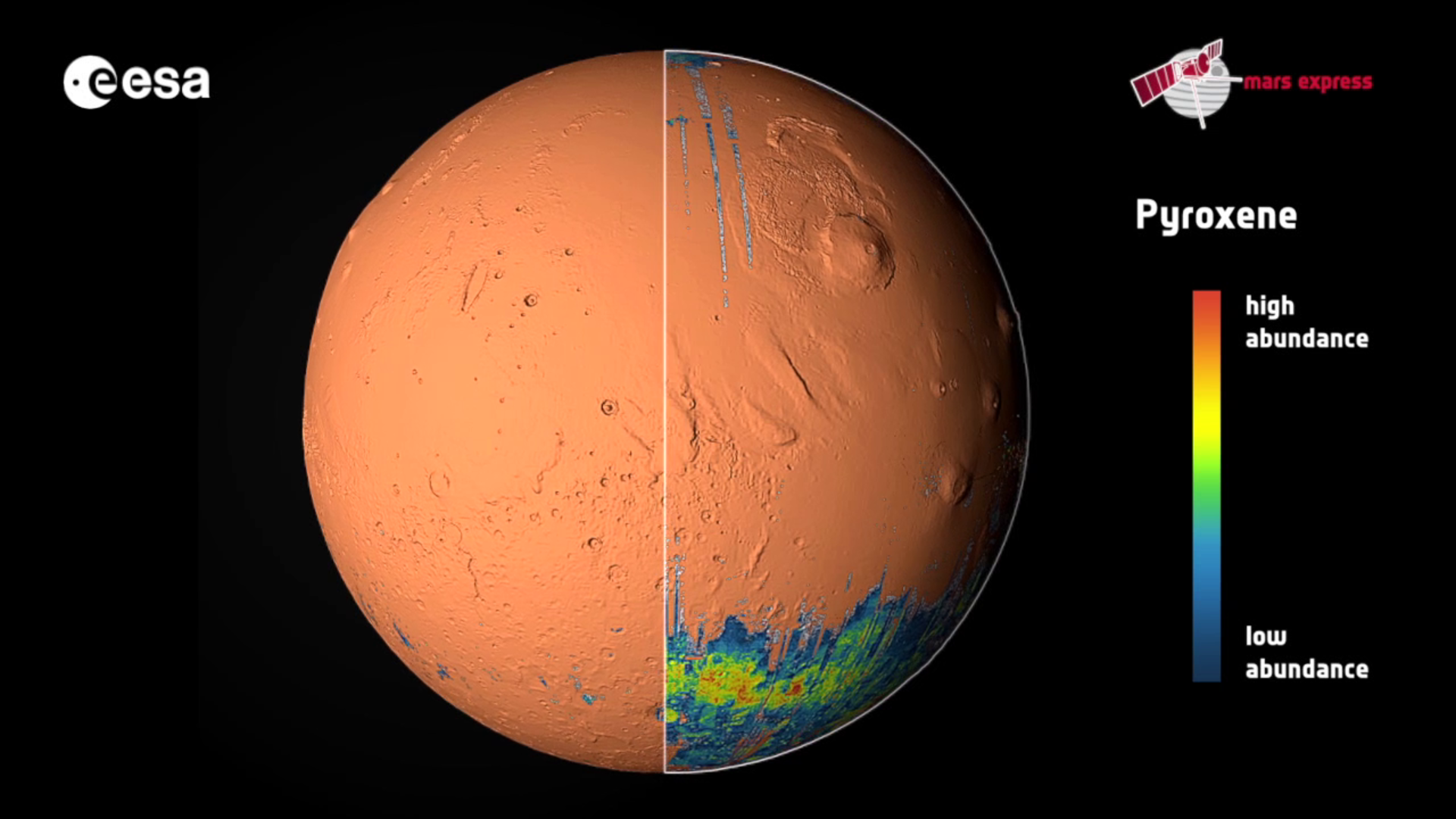
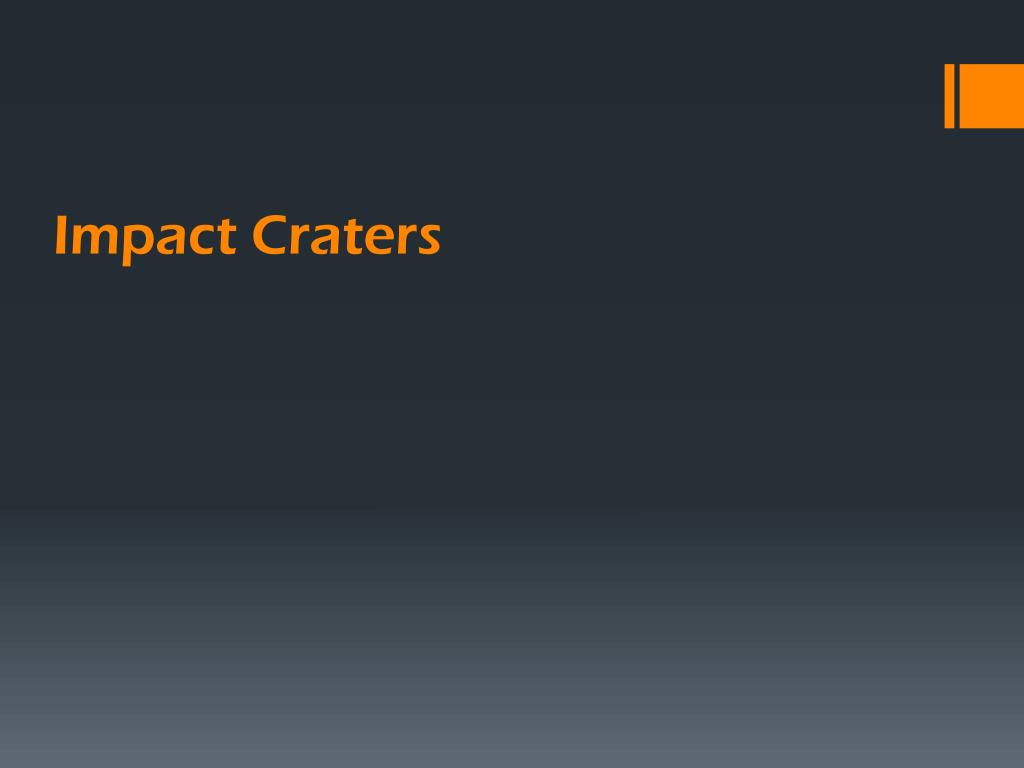
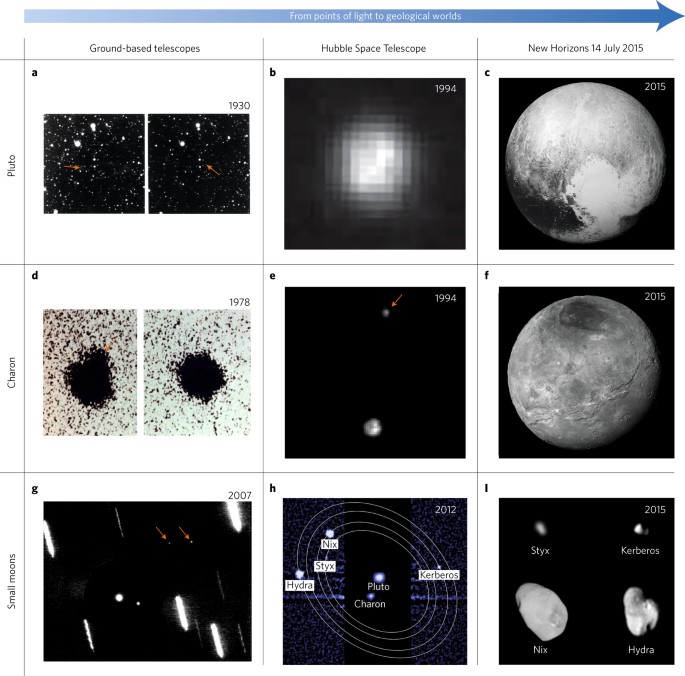





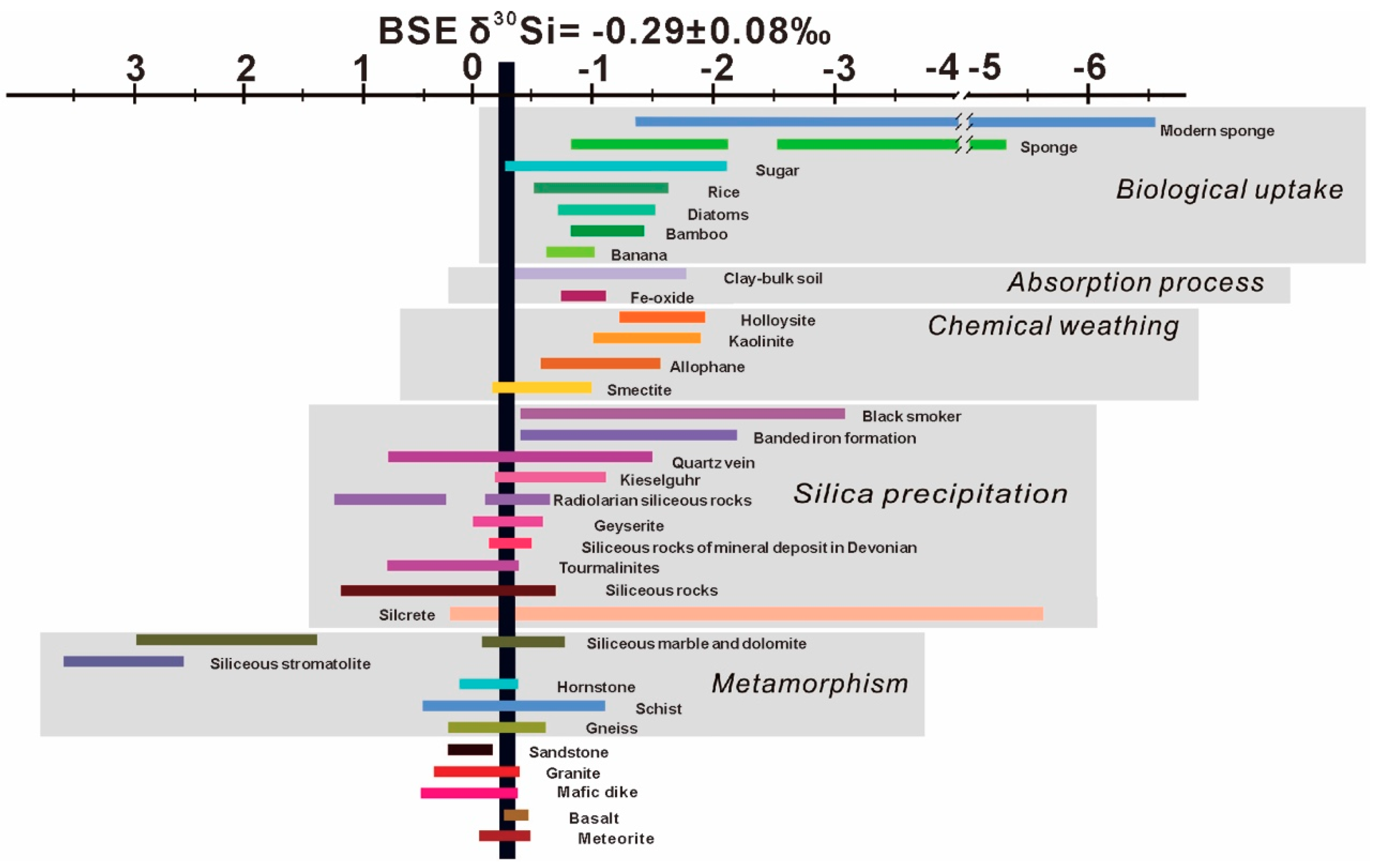

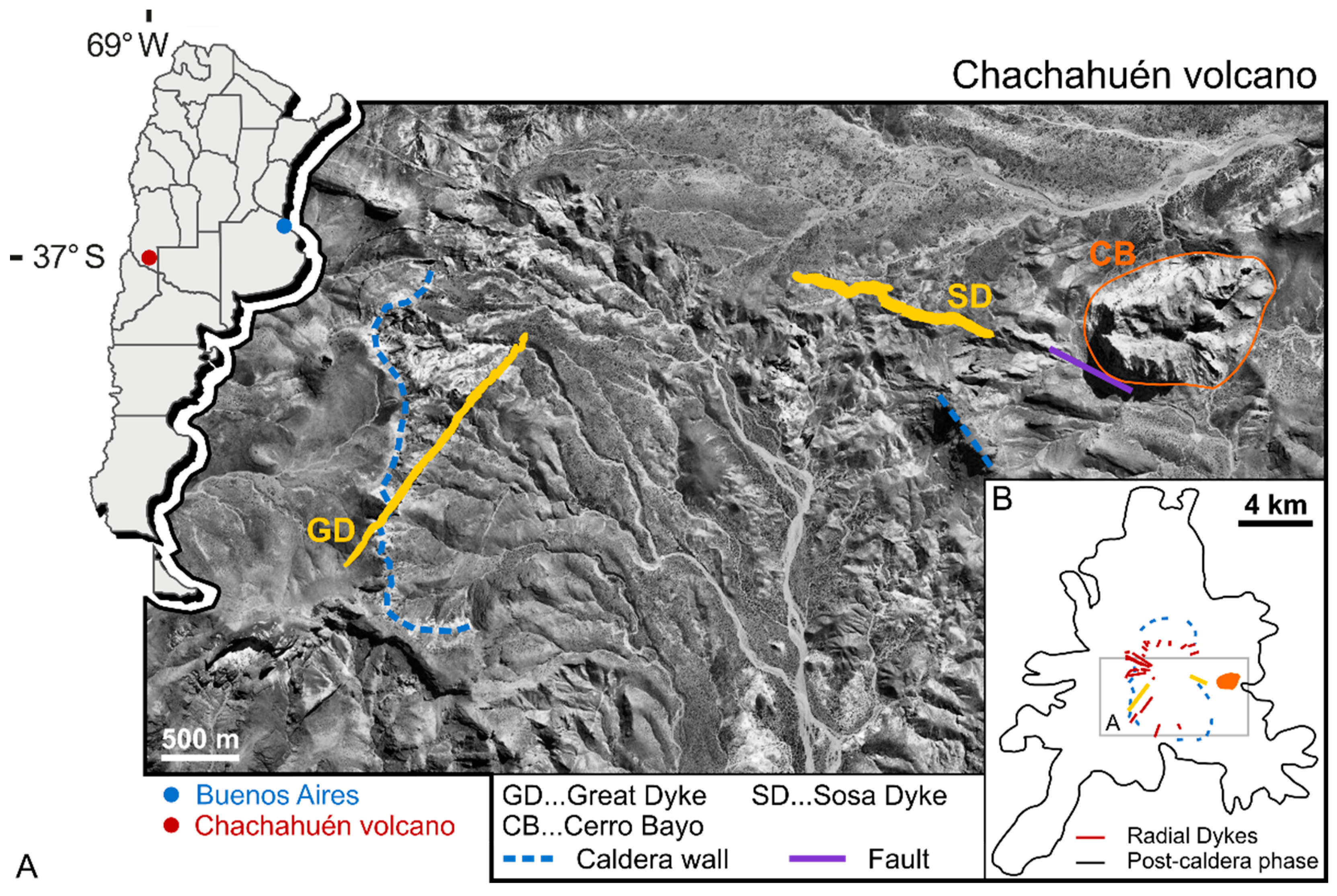

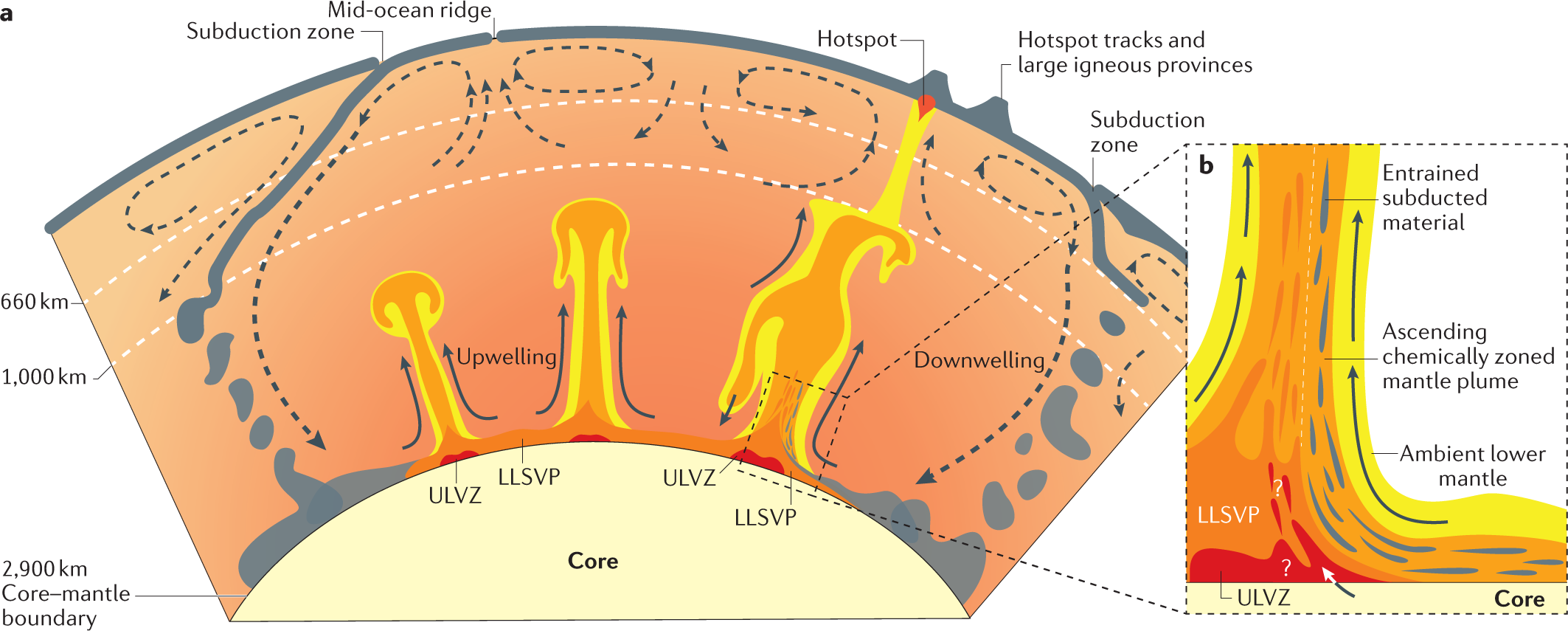
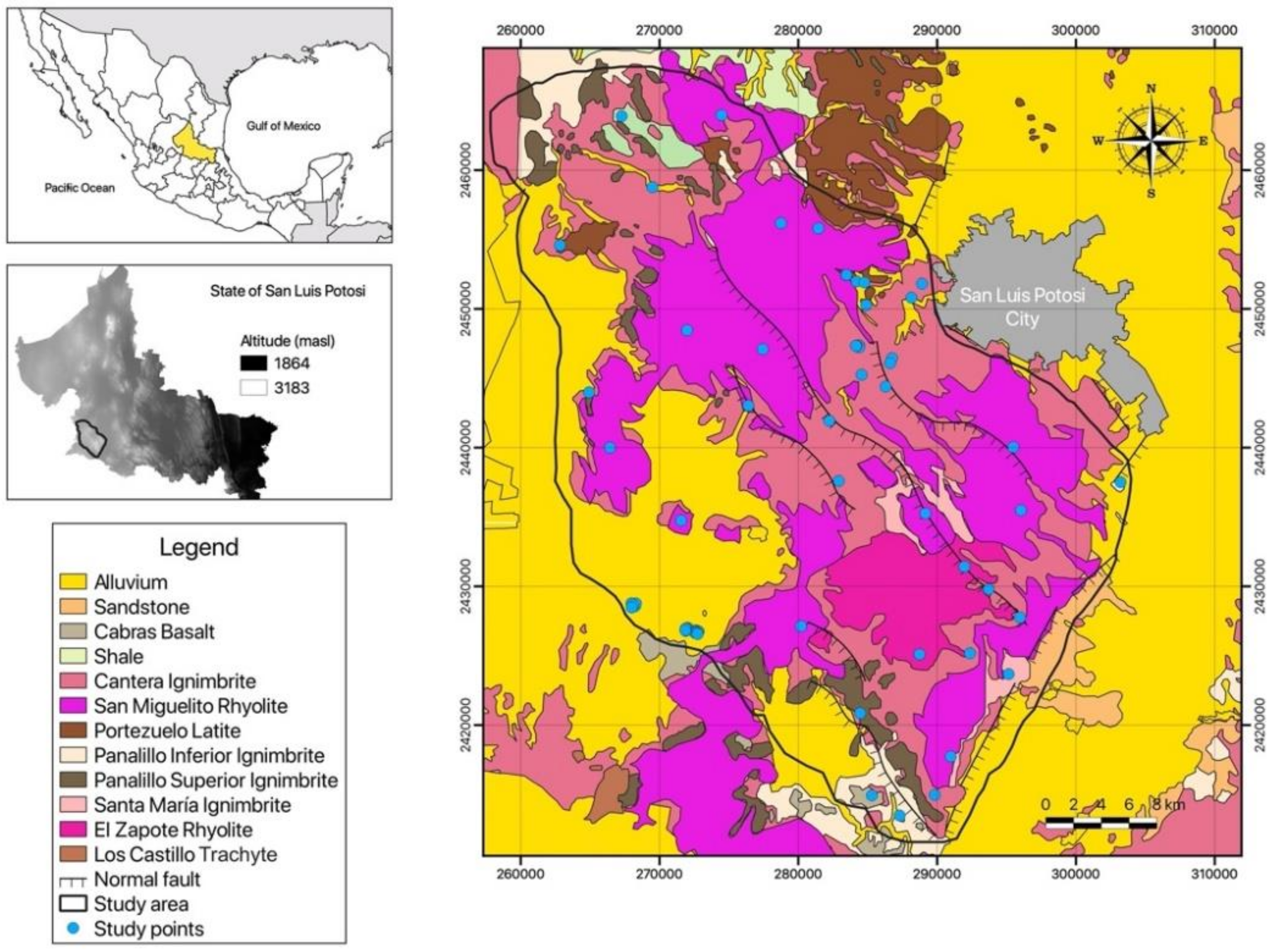

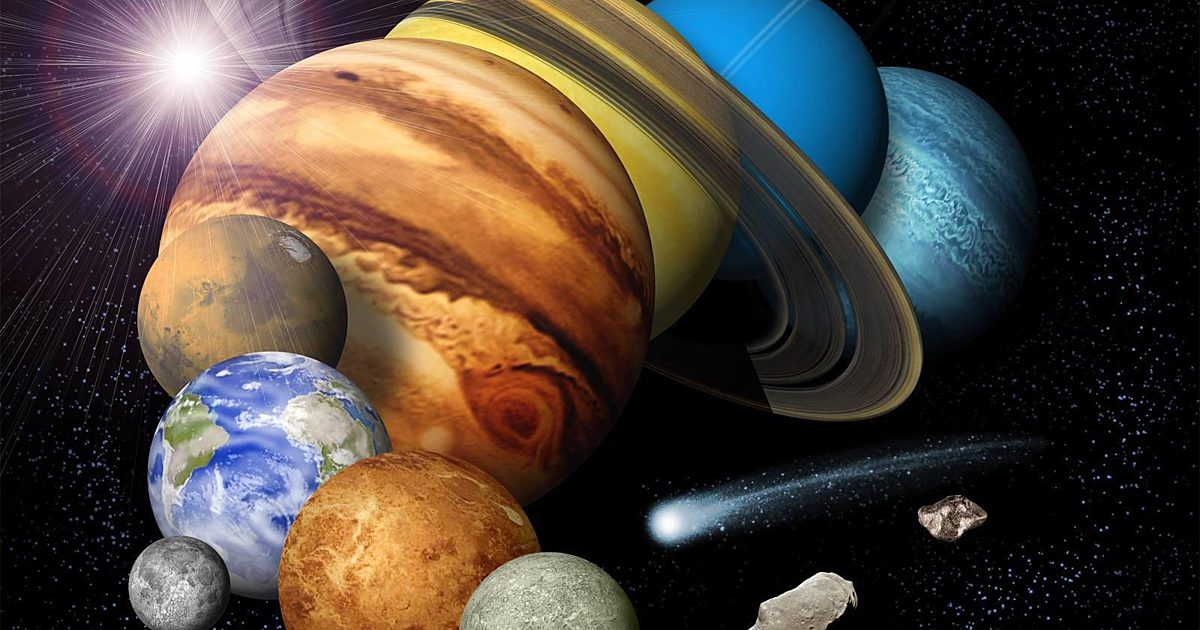


.png?w=2000)



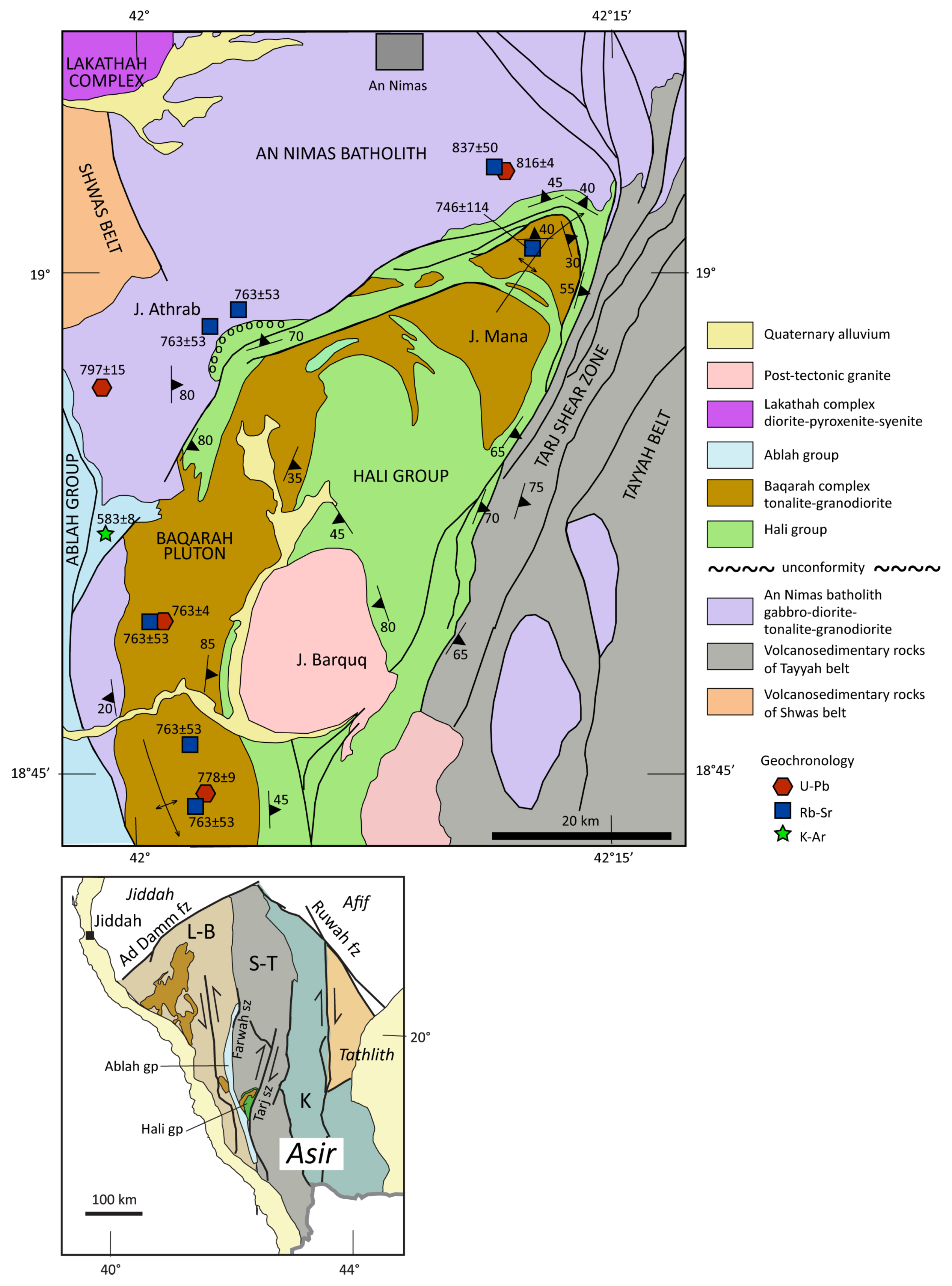




Post a Comment for "The Dominant Geologic Process In Our Solar System Is"